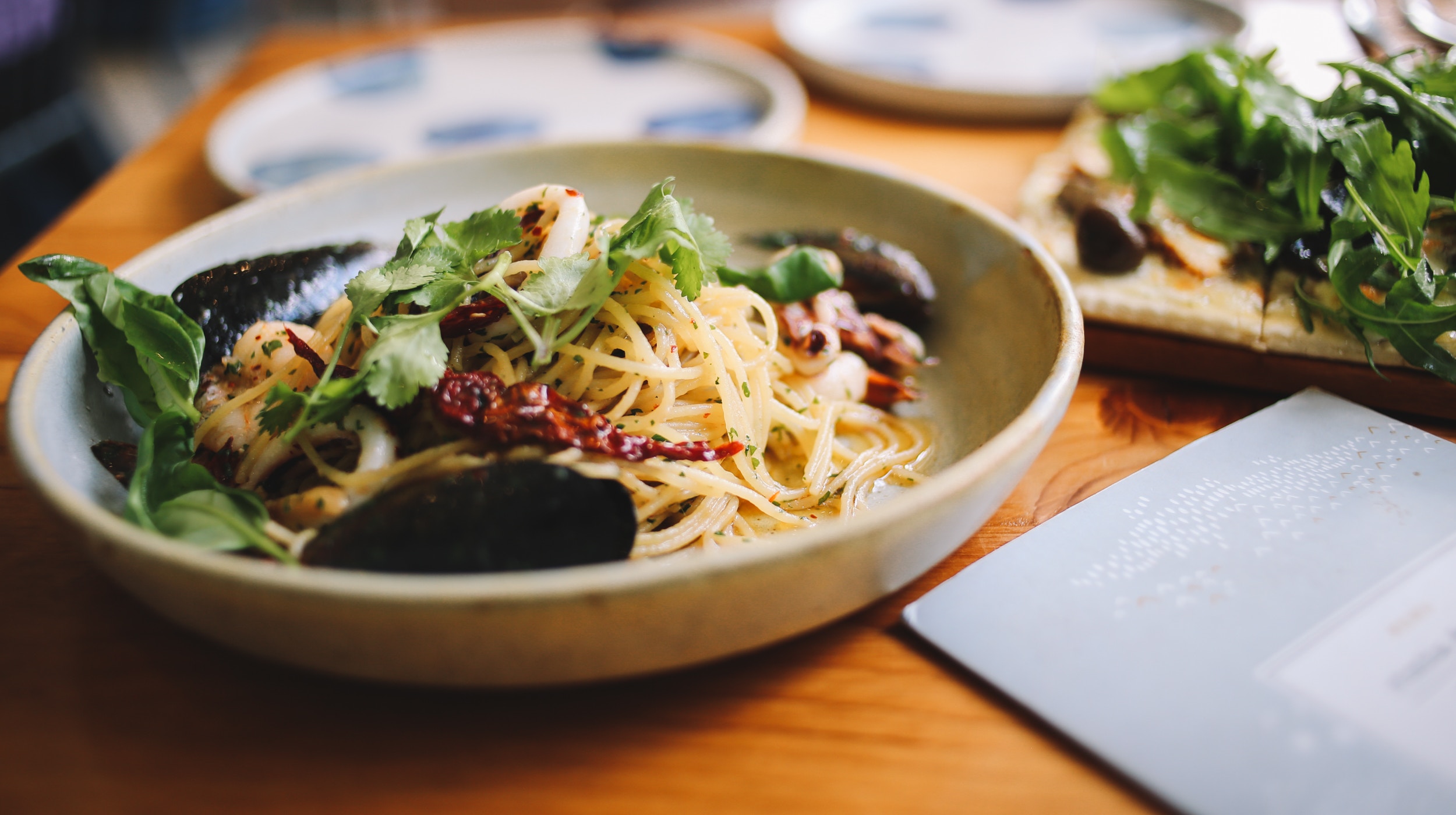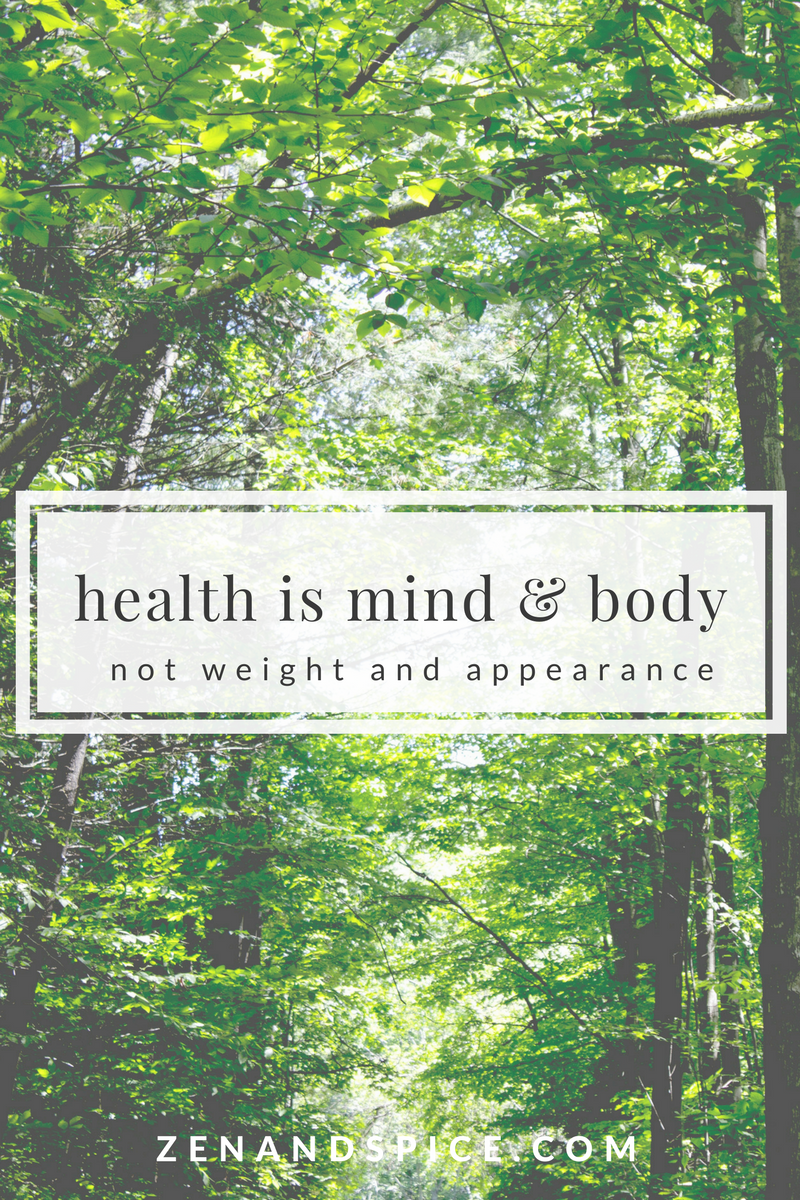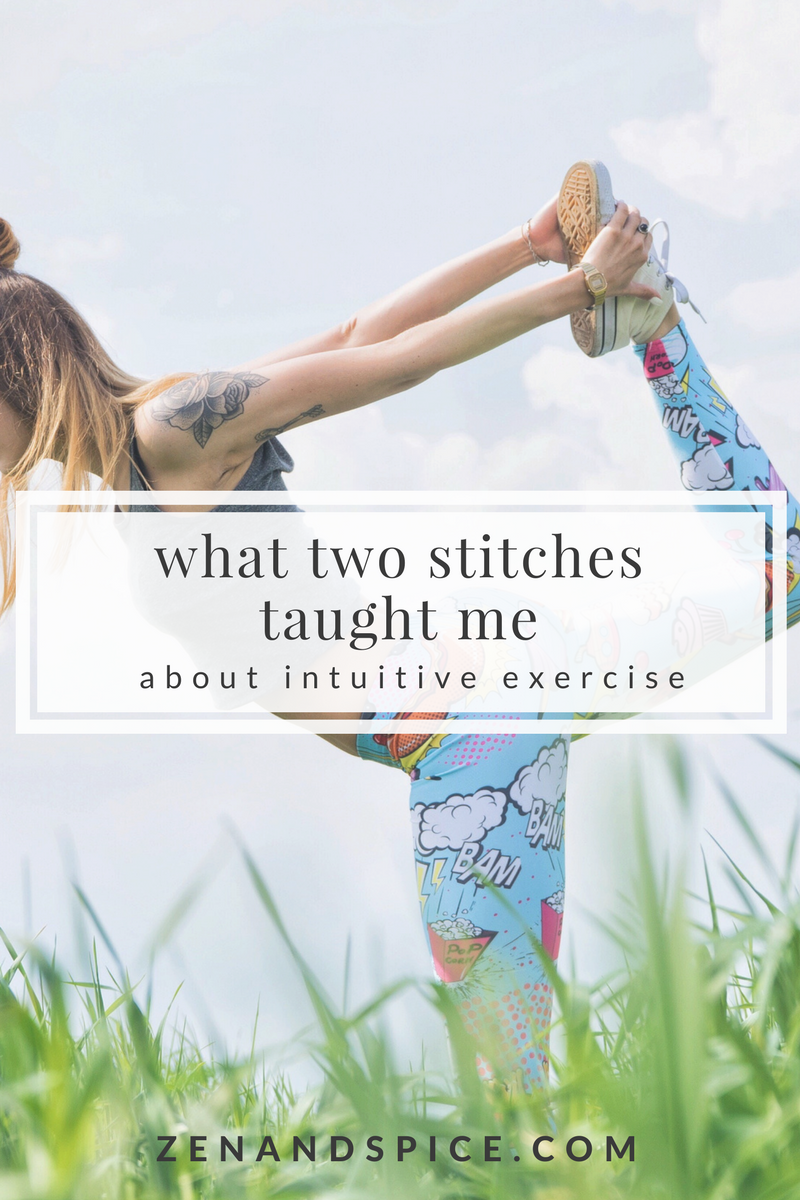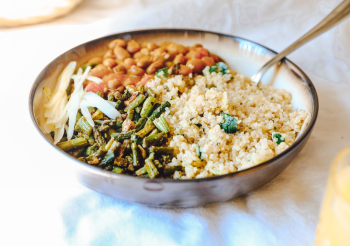
Every February across the country, health professionals and organizations promote Heart Health month and encourage Americans to eat right, exercise and take care of their heart. It’s an important message for all of us to hear: that while heart disease is one of the most common chronic diseases, it’s the most preventable. Sometimes though, it can be triggering and overwhelming for those who are dealing with disordered eating (or eating disorders) to hear the scary statistics of heart disease (for example, how it’s the number one killer of Americans). Hearing these messages can give a sense of panic, leading to dieting.
While yes, the role of nutrition in preventing chronic disease has been clearly established by the scientific community, the importance of nutrition has created a nation of guilty eaters– feeling the need to apologize for eating indulgent foods that may be deemed as “unhealthy”. It’s important for Americans to learn the risks of heart disease, but we shouldn’t focus on the negatives, or what we should cut out. Scaring people into changing their diet never works, and almost always turns into a diet. And diets just don’t work. Over 90% of people who start a new diet will regain all the weight they lost plus more shortly after the diet is over! The cycle continues until we’re all miserable and back in the exact same place.
You may or may not know that at the beginning of my dietitian career, I worked at a heart hospital for three years doing outpatient counseling with congestive heart failure patients. Every day I would preach low sodium, low saturated fat, low cholesterol (ha, how that guideline changed), etc. Looking back, after studying intuitive eating, I realize that I may have scared many of my patients by overwhelming them with “should’s and shouldn’ts” regarding heart health. Hindsight is 20/20 though!
So, what if we took a different approach to encouraging heart health? Instead of focusing on scary statistics or the “bad” foods that may lead to heart disease, we can focus on what we can add to our lives.

Healthy eating is both eating a healthy balance of foods and having a good relationship with food. We can help build these relationships by practicing gentle nutrition: feeding our bodies foods — both nutritious and not as nutritious — and knowing that over the course of time, you’re getting the nutrients you need. By gently respecting the needs of our bodies, we can add heart healthy foods that also taste delicious, all without dieting.
Gentle nutrition means making choices to respect both your body and your taste buds. For example, I know that I love fried chicken. It’s freaking delicious. But, I know that if I have more than a couple pieces or eat it often, it makes me feel queasy and causes indigestion. So, I eat and enjoy fried chicken, but I pay attention to how much and how often. Same concept with eating heart healthy– you don’t have to make heart healthy choices all the time, but when you do, you can appreciate that you’re taking care of your heart’s health.
Keep in mind that practicing gentle nutrition usually happens later in the intuitive eating process. If a healthy relationship with food is not in its place, it’s difficult to truly enjoy healthy eating. if you’re a chronic dieter, chances are you’ll embrace intuitive eating like a diet. To learn more about intuitive eating, read my intuitive eating 101 post and reach out to a Certified Intuitive Eating Counselor.

So lets talk about what we can add to help encourage a healthy heart!
MINDFUL MOVEMENT
It is so important to listen to your body and honor what it is telling you. If you are working on improving your relationship with food and be more in touch with yourself then the role of exercise can’t be overlooked. Fitness freedom, some call it intuitive exercise, is the term I use to describe the state you are in when you are enjoying exercise without stress, guilt, or fear. Read this article to learn more about how to find fitness freedom and mind movement you enjoy!
STRESS RELIEF
Anxiety takes on many forms and people all have their own symptoms and experiences. Sometimes, the symptoms of anxiety and stress can mimic heart disease, such as increased heart rate, increased blood pressure, lack of energy, etc. According to the National Institute of Mental Health, meditation can be a good stress reduction technique to those suffering from anxiety. Read this article to learn more about how to practice meditation for stress and anxiety relief.
SELF CARE
The term may seem self-indulgent, but self care is crucial for our physical, emotion and mental well-being. Stress and exhaustion from a chaotic life makes you emotionally depleted, and can cause anxiety and depression, insomnia, and even lead to heart problems. Self care isn’t just bubble baths and champagne, it’s the little things that you do every day to help you feel relaxed and happy. It’s also about making sure your basic human needs are met: are you rested? comforted? need social interaction? hungry? Read this great article to learn simple self care practices.
FRUITS & VEGGIES
Aim for variety and taste– find fruits and veggies that you enjoy eating, and eat them often. Striving for five ore more servings per day can seem overwhelming and diet-y, so aim to have one or the other at every meal. But be okay if your meal doesn’t contain either of them, because that’s okay too. It’s about the overall balance of foods you enjoy, not specific meals, so no need to feel guilty about skipping out on broccoli with dinner if you’re not a fan (although you can make it taste amazing by roasting it!).
OMEGA-3’S
Our bodies can’t make omega-3 fatty acids, we have to get them from our diet. Studies show that omega-3 fatty acids from fish oil is associated with a decreased risk of high blood pressure and triglyceride levels. It’s also great for anxiety and depression — people who suffer from these typically have an omega-3 deficiency. You can get these healthy fatty acids from foods such as coldwater fish (tuna, salmon), flaxseed and nuts like walnuts. The AHA recommends that adults eat two servings of fish a week – but sometimes that’s not possible due to cost or taste. My favorite omega-3 supplements are by Nordic Naturals (for prenatal DHA) and Ultimate Omega
for non-pregnant or trying to conceive adults. Aim for 1500-2000 mg of omega-3’s a day.
So, let’s practice self care and gentle nutrition by trying to incorporate some of these practices into our lives! No need to try to cram all of these in at once. Pick the one that sounds the easiest, and work on that first. If you feel good with this addition, choose another. Baby steps!




